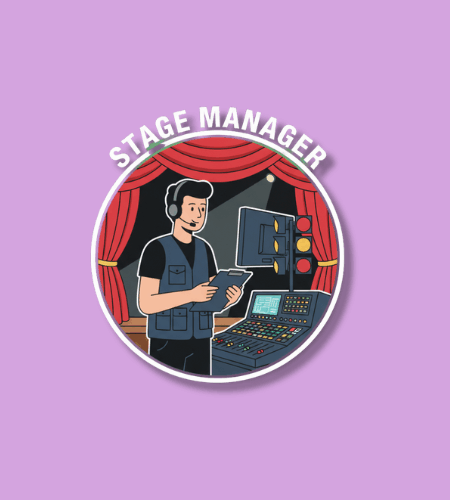Every year on 10 October, International Stage Management Day is celebrated to recognize and honor the essential work done behind the scenes by stage managers in theatre and live performance.
Table of Contents
History of International Stage Management Day
The idea of Stage Management Day originated in the United Kingdom in 2013, organized by the Stage Management Association to spotlight a role often overlooked in the performing arts. As the concept gained traction, it evolved into an international observance—hence the name “International Stage Management Day”—with practitioners and organizations around the world joining in recognition of stage management’s vital contributions.
Although relatively young compared to many observances, this day now brings attention across theatres and performance communities globally to the professionalism, dedication, and coordination that stage managers provide to every production
Why is International Stage Management Day important?
We often see actors, directors, set designers, lighting and sound crews, and front‑of‑house teams celebrated—and rightly so—but without stage managers, the performance framework can falter. International Stage Management Day reminds us that the smooth flow of rehearsals, cues, transitions, and safety depends on a person or team quietly guiding every detail from backstage. It asks audiences and theatre communities to look beyond the spotlight and appreciate the coordination and resilience that make a show possible.
It also fosters professional pride and community among stage managers themselves. On this day, practitioners can share stories, exchange best practices, and feel acknowledged for work that is often invisible yet deeply indispensable. It strengthens networks across countries and helps newer stage managers feel less isolated in a demanding career.
- It acknowledges the often invisible yet indispensable role in theatrical productions
- It offers a moment for stage managers to be publicly appreciated
- It encourages theatre communities to improve working conditions and support systems
- It builds connections among stage management professionals globally
- It helps the broader public understand how much coordination and care go into live performance
How to Observe International Stage Management Day
You don’t need a large event to mark the day meaningfully. If you are part of a theatre or performance group, you might dedicate a moment before a show—perhaps during curtain call or in a program note—to give credit to your stage manager(s). Invite cast, crew, and patrons to pause and recognize all that goes on behind the scenes.
If you aren’t directly in theatre, you can still show support: post a message of thanks to stage managers you know, share backstage photos that highlight their work, or attend a performance and ask about the production process. Theatre blogs or social media accounts can spotlight the role with interviews, “a day in the life” narratives, or behind‑the‑curtain glimpses.
- Acknowledge your stage manager before or after a show
- Share behind‑the‑scenes images or stories online
- Interview a stage manager and post it on your blog or social media
- Mention stage management in program notes, captions, or acknowledgments
- Encourage theatre schools, companies or local groups to host meetups or panels for stage management
International Stage Management Day Dates Table
| Year | Date | Day |
|---|---|---|
| 2026 | October 10 | Saturday |
| 2027 | October 10 | Sunday |
| 2028 | October 10 | Tuesday |
| 2029 | October 10 | Wednesday |
| 2030 | October 10 | Thursday |
Subscribe to our newsletter and never miss a holiday again!

